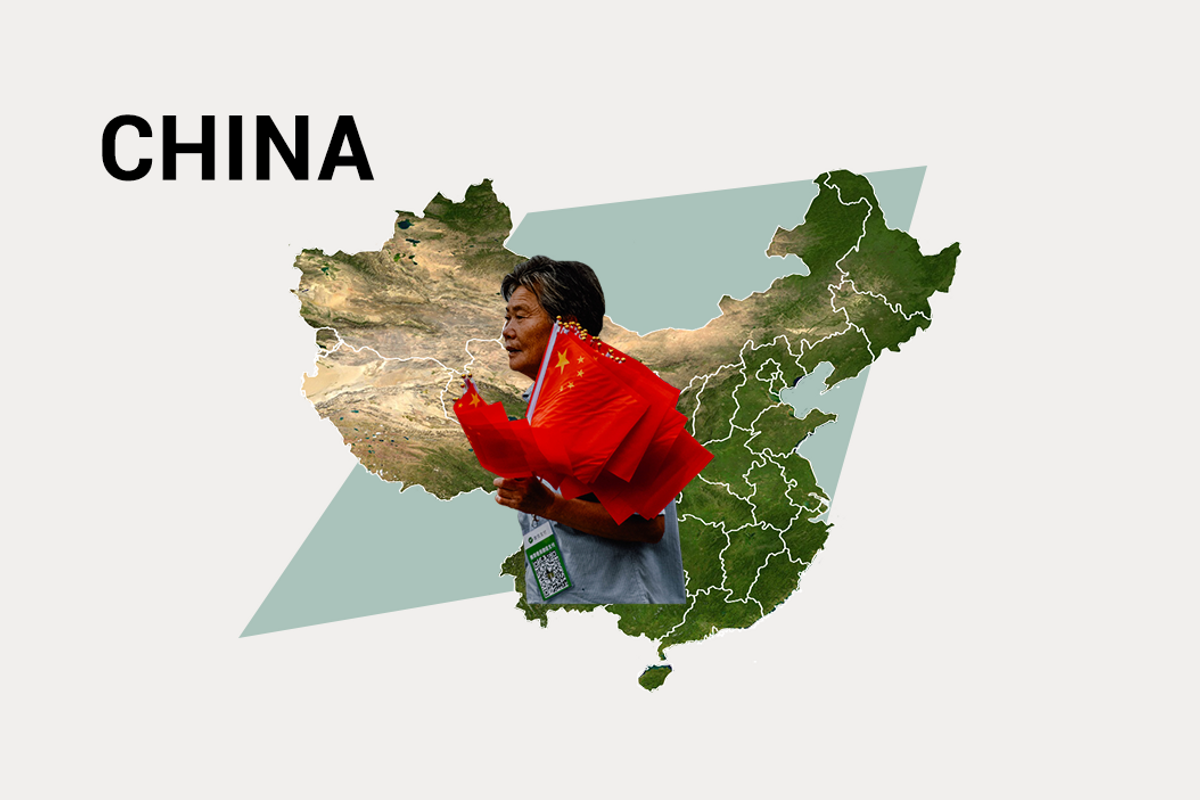Wang Xiangwei is an editorial adviser for the South China Morning Post. Our conversation has been edited for length and clarity.
Carlos Santamaria: What are, in your opinion, two or three issues that people in Hong Kong and China are concerned about regarding the upcoming US election?
WX: As you know, China and the US are now engaged in a rising confrontation. In this part of the world, we are watching the unfolding presidential election with keen interest. Over the past few weeks, the Trump administration has ordered an end to Hong Kong's special status, and also signed legislation that sanctions the Chinese and Hong Kong officials responsible for cracking down on political dissent in the city. To me, it is very sad to see that Hong Kong has become the battleground where the two great powers have been at each other for political influence.
Secondly, here in Hong Kong lots of people are wondering what else Trump will do to hurt Hong Kong in his efforts to compete with China in the next few months, in the run-up to the presidential election. Also, in China there is a great concern that these two great powers are not only heading for a Cold War — there is an increasing worry that there could be a hot war over the South China Sea, over Taiwan.
CS: Is this is a serious, genuine concern?
WX: There is a serious concern that there could be accidents that could lead to a military conflict. This view is shared by many friends and the people here. The Trump administration puts the China issue front and center in the campaign in the run-up to the November election. These days, hardly a day goes by without the Trump administration announcing measures to punish Hong Kong or China, or Chinese officials or Hong Kong companies. Lots of people here are wondering if it could get even worse. The worry here is that the Trump administration could announce even more extraordinary measures to rattle China for the sake of domestic politics.
Many people here believe that the Trump administration is laying a trap, is deliberately trying to provoke China to act irrationally. But so far, I think China has tried to respond proportionately, without further escalating. The feeling we get from here is that the US really sort of doesn't care what Beijing says on the bilateral ties.
CS: So from what you're saying, they clearly think that both Hong Kong and China were negatively affected by the 2016 outcome?
WX: Absolutely. As the saying goes, it takes two to tango. So if we look back, it's very clear that's the reason we have reached such a low point in bilateral ties. There is a rising feeling here that the Trump administration and the China hawks are trying to push the confrontational nature of the bilateral ties to the point of no return. Maybe they will calm down a bit after the November election. But one thing is very clear — it does not matter too much who will sit in the White House in January next year. China-US ties will not return to the old track. But we are hoping that the November election outcome will bring some calm to these volatile times, so that the two sides can sit down and discuss the problems.
CS: The US-China rivalry now also has wide bipartisan support, because no one wants to appear weak against China. Even Biden has suggested he wants to build a coalition against China. What is the way out of this mess?
WX: There is a hope that whatever Trump is doing is largely because of domestic politics, so after the election some calm will return. It is inconceivable that the two sides, even after the November election, will not talk to each other. Of course, the gulf of mistrust is huge. But I think hopefully after the election the two sides at least could sit down and discuss the problems so that steps can be taken to try to find a new equilibrium so the two countries can coexist in a post-COVID world, and cooperate on issues like climate change, North Korea and terrorism, and also compete on other issues like technology.
CS: How do people in China and Hong Kong feel about the US-China trade deal?
WX: Trade, which was the first factor that brought the bilateral ties in a downward spiral, now has turned out to be something that the two countries can still work together on. In fact, it has now become the only ballast that could help stabilize their bilateral ties a bit.
CS: What do people in China and Hong Kong think of Joe Biden?
WX: The people here know him quite well, even though he has been hiding, campaigning from his basement at his home in Delaware.
When he was vice president for Obama for eight years, he traveled to China a lot. And he cultivated a personal relationship with Xi Jinping when Xi was the vice president of China. In a sense, he knows more about how to deal with the Chinese officials, he knows more about China than Donald Trump.
However, that does not necessarily mean that China prefers Biden to Trump, which I don't believe is entirely true. China does not have a choice, but has to work with whoever wins in the White House. And secondly, lots of people here believe it's better to work with someone you have already known and spent a lot of time with — "the devil you know."
This interview is part of the GZERO project Global voices on the US election, which you can find in full here.



















